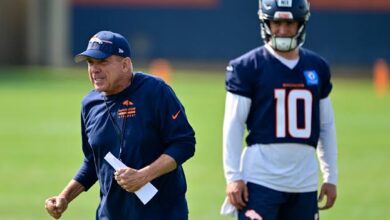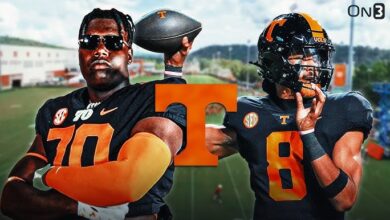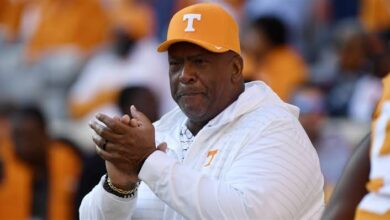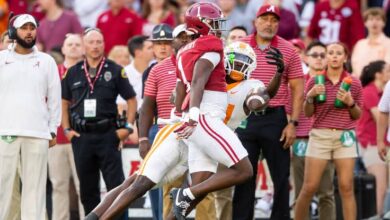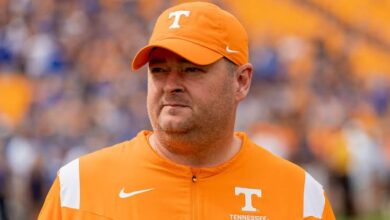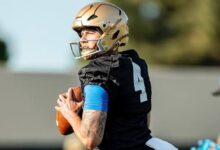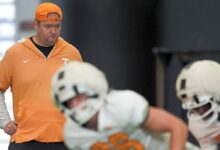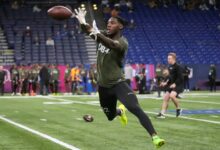Breaking News!!Judge denies baseball player’s motion for restraining order in bid for ..
Judge denies baseball player’s motion for restraining order in bid for immediate eligibilityJudge denies baseball player’s motion for restraining order in bid for immediate eligibilityJudge denies baseball player’s motion for restraining order in bid for immediate eligibility

In a recent legal development, U.S. District Judge Charles Atchley has denied a motion for a temporary restraining order filed by college baseball player Alberto Osuna, who sought immediate eligibility to play for the University of Tennessee. This decision, issued on February 13, 2025, delays Osuna’s participation with the defending College World Series champions as he challenges the NCAA’s eligibility determinations. citeturn0search0
**Background on the Case**
Alberto Osuna’s collegiate baseball journey began at Walters State Community College before he transferred to the University of North Carolina. During his tenure at North Carolina, Osuna showcased his talent, leading the team with 20 home runs in the 2022 season. Following his time there, he transferred to the University of Tennessee, aiming to continue his athletic and academic pursuits.
The crux of Osuna’s legal battle centers on the NCAA’s decision to count his year at Walters State Community College against his eligibility, effectively limiting his playing time at Tennessee. Osuna contends that this period should not impact his eligibility, arguing that the NCAA’s rules in this context are unjust. In response, he filed a lawsuit against the NCAA, seeking immediate eligibility to participate in the upcoming baseball season.
**Legal Proceedings and Implications**
Judge Atchley’s denial of the temporary restraining order means that Osuna will not be permitted to play at the start of the season. However, the legal process is ongoing. A hearing for a preliminary injunction is scheduled for February 26, 2025, which could potentially alter Osuna’s eligibility status depending on the outcome. citeturn0search2
This case highlights the broader debate surrounding NCAA eligibility rules, especially concerning student-athletes transferring from junior colleges. Osuna’s argument suggests that the current regulations may disproportionately affect athletes who begin their careers at two-year institutions, potentially limiting their opportunities at four-year universities.
**Comparative Context**
Similar legal challenges have arisen in collegiate sports. For instance, Vanderbilt University quarterback Diego Pavia faced a comparable situation. Pavia, who played two years at New Mexico Military Institute before transferring to New Mexico State and subsequently Vanderbilt, argued that his junior college participation should not count against his NCAA eligibility. In December 2024, U.S. District Judge William Campbell granted Pavia a temporary injunction, allowing him to play an additional season in 2025. Pavia’s case also raised questions about the NCAA’s rules in the context of the evolving Name, Image, and Likeness (NIL) landscape, noting potential earnings exceeding $1 million if he were permitted to play. citeturn0news11
**Looking Ahead**
The outcome of Osuna’s upcoming hearing could have significant implications not only for his athletic career but also for the NCAA’s policies regarding junior college transfers. A ruling in favor of Osuna might prompt a reevaluation of existing eligibility rules, potentially leading to more equitable opportunities for student-athletes transitioning from two-year to four-year programs.
As the legal proceedings continue, stakeholders across collegiate athletics will be monitoring the situation closely, recognizing that the resolution could set a precedent affecting future eligibility determinations and the broader landscape of college sports.
navlistLegal Battles Over NCAA Eligibility in Collegiate Sportsturn0news11

